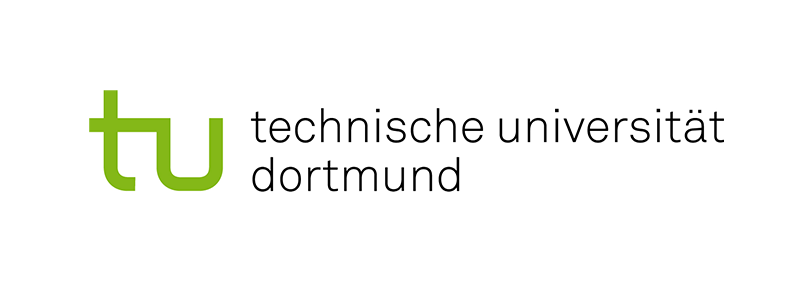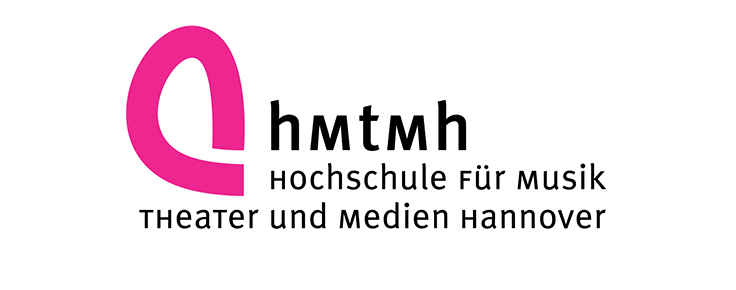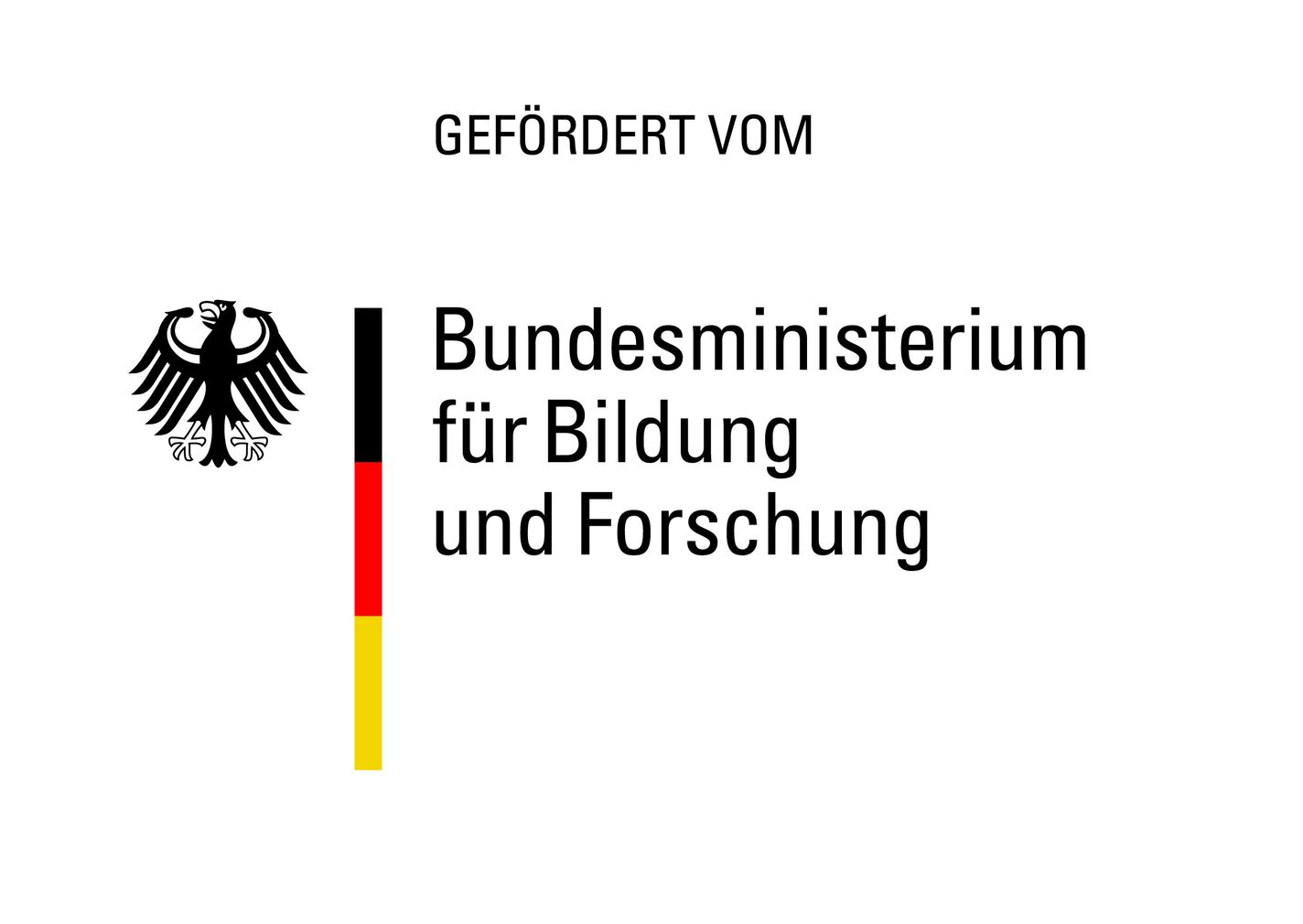The FEKOM project aims to support the formation of an ethics-sensitive research attitude in communication and media studies (CMS). This is becoming increasingly important against the background of the steadily growing complexity of research processes and the increased importance of reflecting on research ethics, e.g. for publications and applications for external funding. The joint project pursues the specific objective of formulating evidence-based recommendations for applied research ethics (and their communication in teaching) in quantitative CMS and implementing these within the scientific community.
The aim of the subproject 'FEKOM Evidence', which is located at the Film University, is the systematic development and evidence-based foundation of recommendations for ethical conduct in research as well as a procedure for ethical decision-making processes in research.
This research project represents basic research and works with a complex mixed-method design in nine work packages. In qualitative and quantitative studies, closely linked to CMS research practice and in exchange with relevant stakeholders, scientists, experts, and laypersons will be interviewed on various aspects of research ethics, on decision-making dilemmas and practices, as well as on expectations and evaluations of previous practices. On this basis, recommendations for action will be derived as to how ethical research decisions can be integrated into one's own research practice and assessment of research projects as well as into the training of methodological competencies. The focus of the subproject ‘FEKOM Evidence’ is the theoretical groundwork, the conception of the overall empirical project based on this groundwork, and the implementation of the qualitative studies.
The qualitative and quantitative results will be made available to the CMS scientific community and the wider university public via a dedicated project website, conferences, workshops, and publications.




